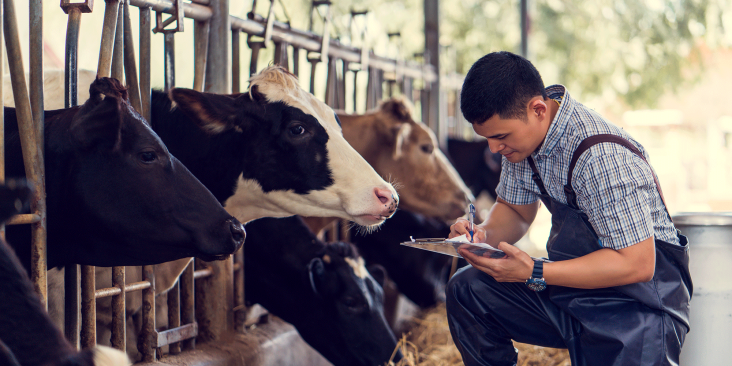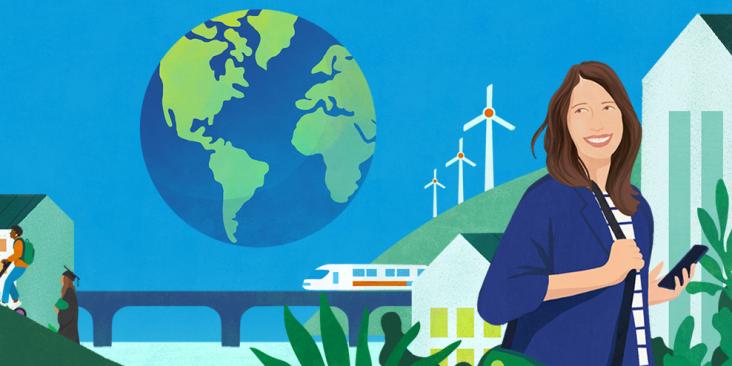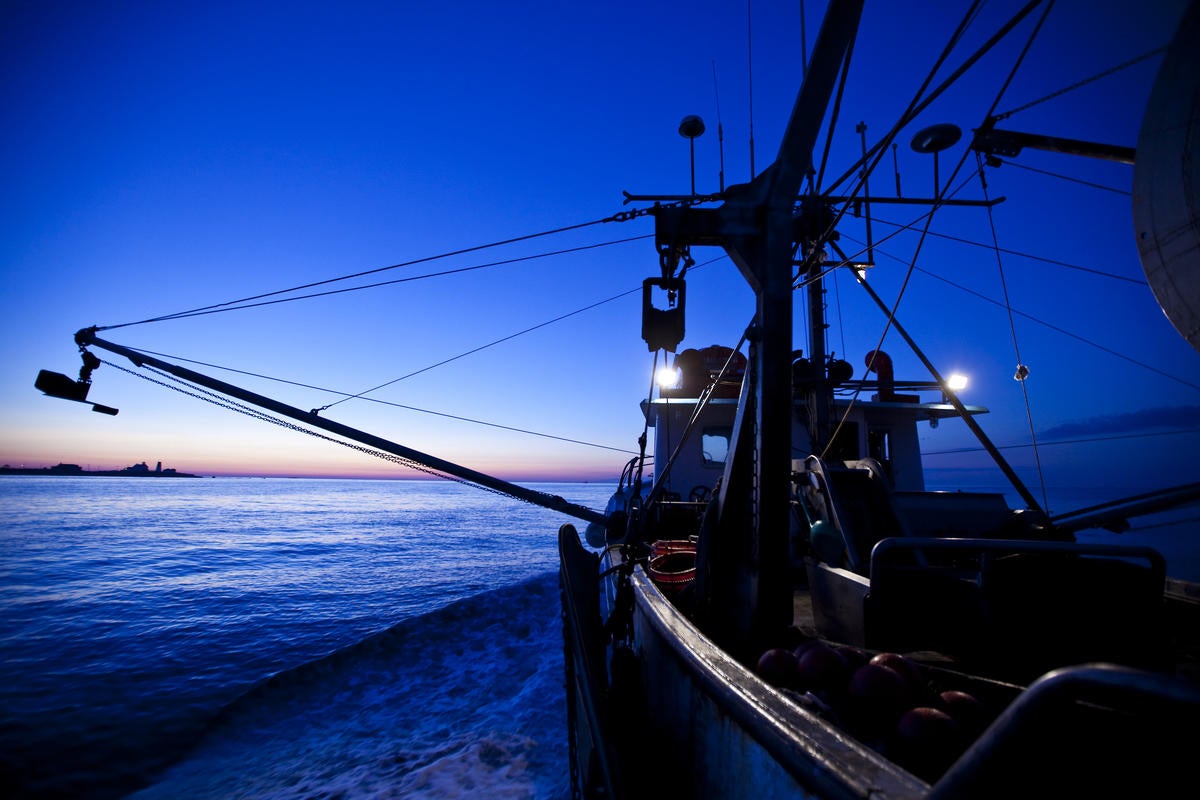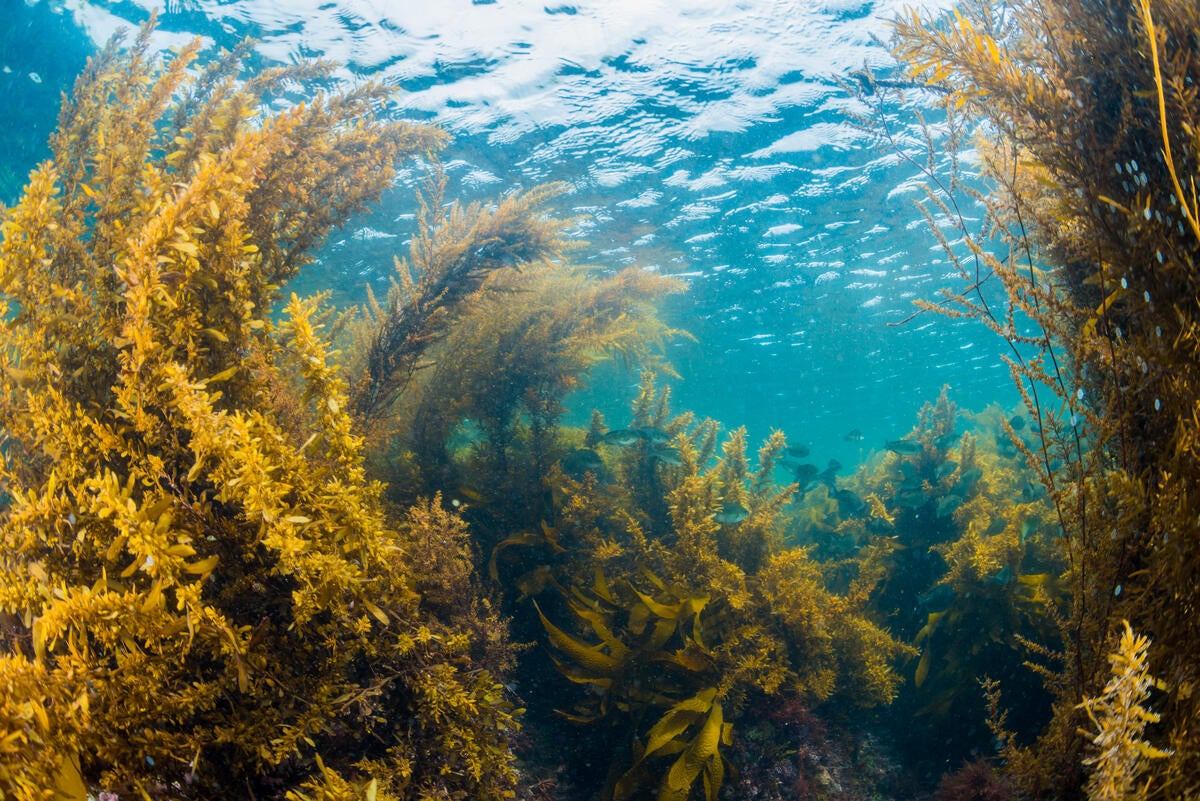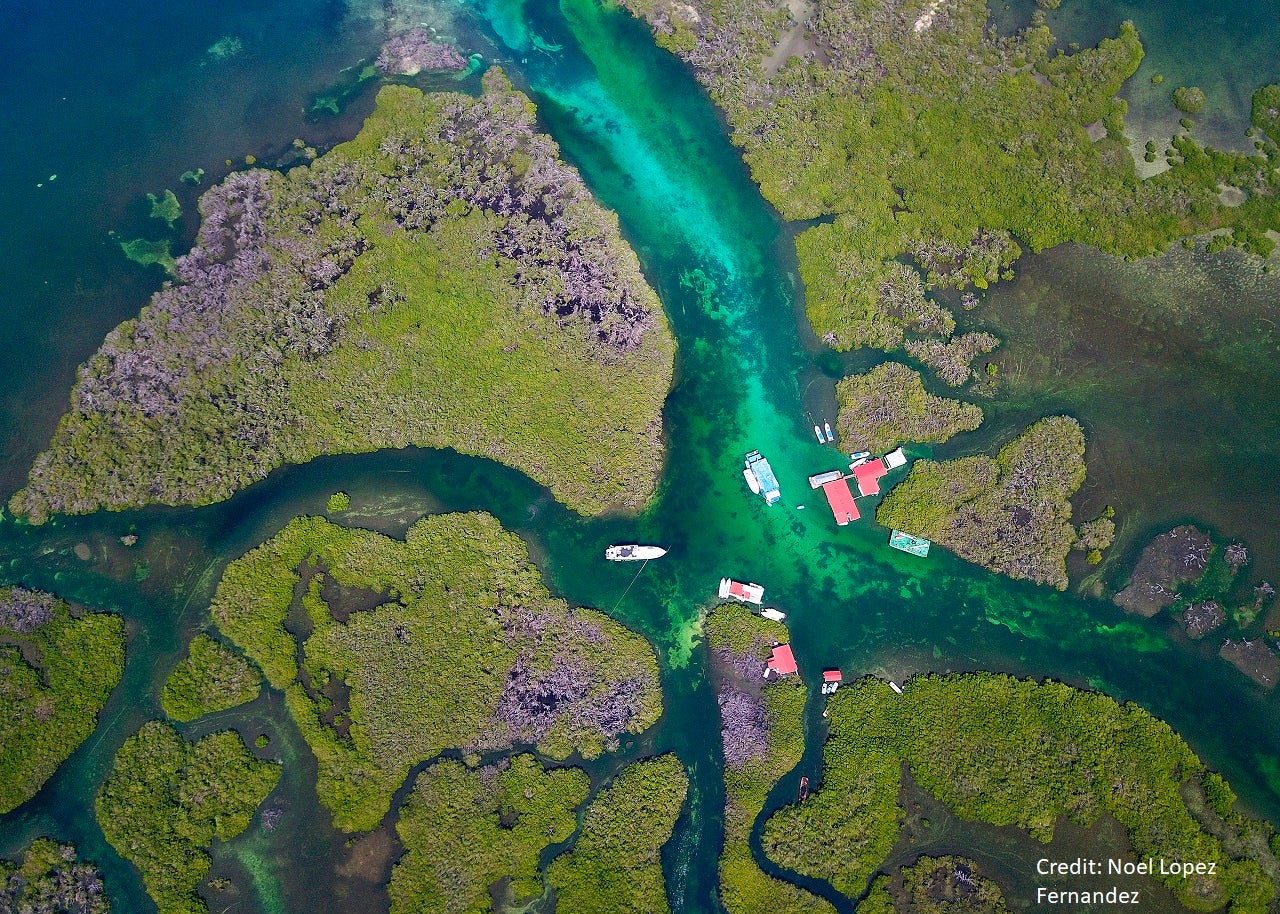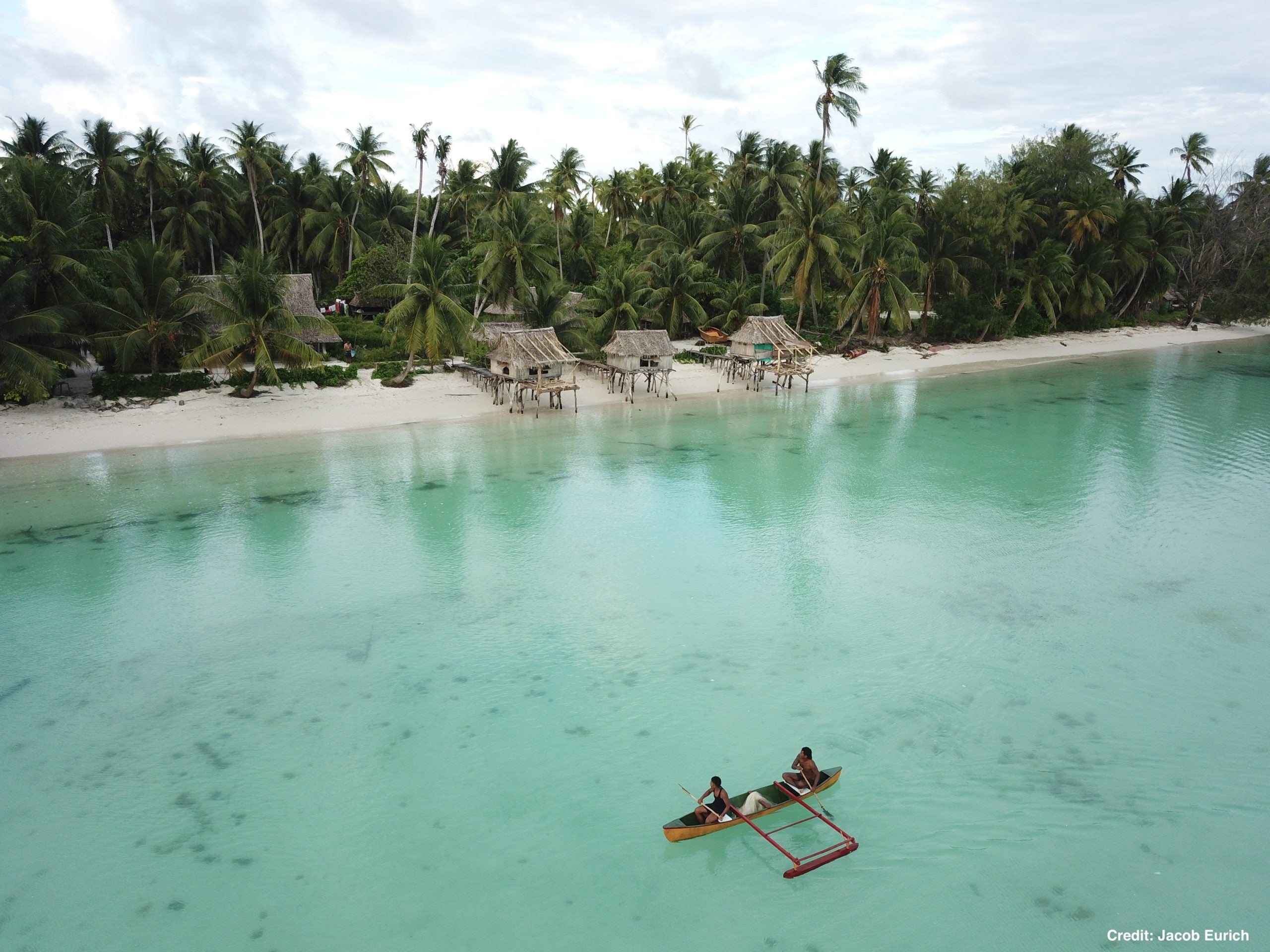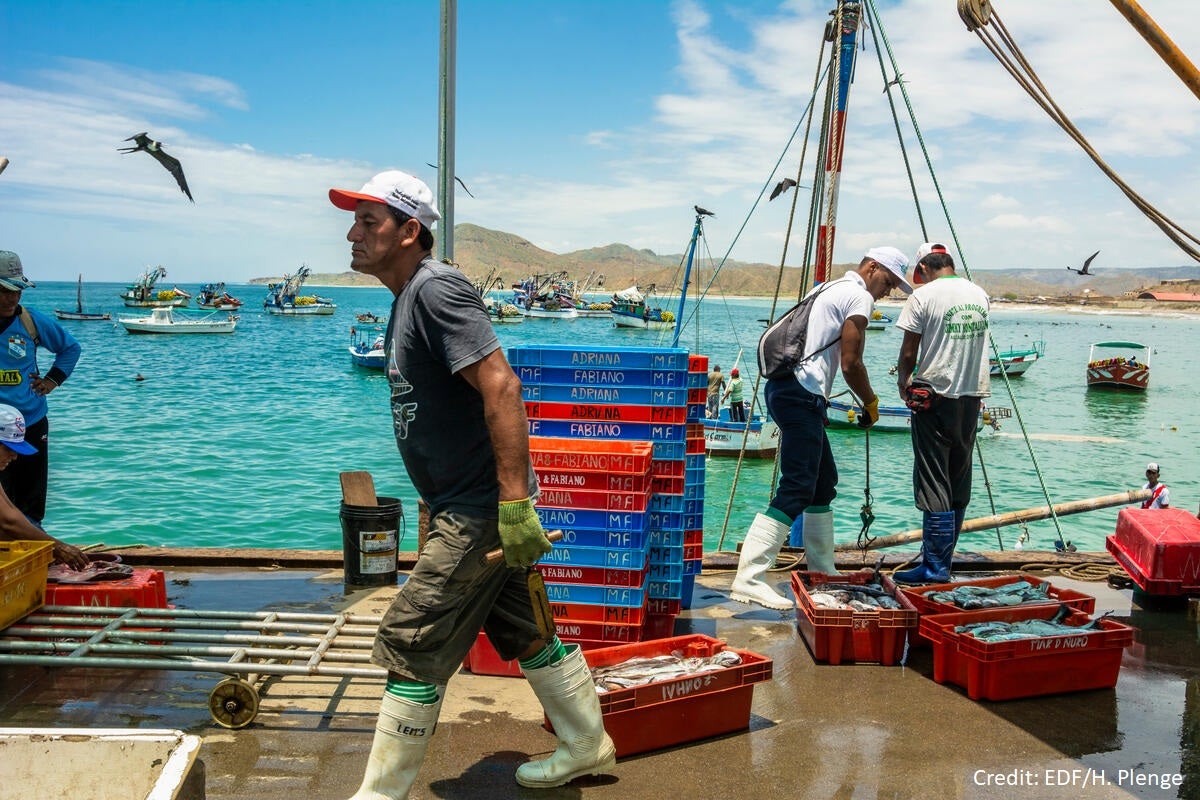The impacts of climate change are already apparent in U. S. offshore waters, creating challenges for fisheries, fishing communities and fisheries management. Examples of climate impacts are prevalent across all regions of the coastal U.S. As ocean temperatures warm, species distributions are shifting. For instance, market squid moving up the West Coast from Baja California to Oregon spurred a harvest boom in the Pacific Northwest. Species, including blue crabs and black sea bass, are shifting northward on the Atlantic coast. Read More
EDFish
Prioritizing Climate Resilience in United States Fisheries
Looking to the oceans for answers to the climate crisis
Three new reports examine the potential of blue carbon pathways to act as natural climate solutions.
By Kristin Kleisner, Monica Moritsch and Jamie Collins
The Climate-Resilient Fisheries Toolkit can help you build resilience now
By Jeff Young
Climate change and overfishing are increasingly straining fisheries and marine ecosystems, putting marine biodiversity, the nutrition of people in coastal communities and global food supply at greater risk. Fishers, community leaders and practitioners worldwide are poised to take action, but often grapple with uncertainty, limited data or insufficient resources. Meanwhile, the journey of building resilience can often feel daunting and overwhelming. These leaders and change-makers are not alone in their experiences and tangible solutions to these major challenges are within reach. Read More
For fisheries in the Caribbean, life revolves around the climate… and our climate resilience
By:
- Eduardo “Lalo” Boné Morón, Senior Manager, EDF Cuba Oceans Program
- Juan Carlos Duque, Project Manager of the Biological Corridor in the Caribbean of UNEP
- José “Pepe” Gerhartz, Conservation Specialist of the CBC Secretariat
“Life revolves around the climate,” says José Luis “Pepe” Gerhartz, a senior conservation specialist from the Caribbean Biological Corridor Initiative, or CBC, a joint initiative between Cuba, the Dominican Republic, Haiti and Puerto Rico. The scientific knowledge generated by Pepe, among many other experts dedicated to studying climate, indicates that climate change is causing drastic alterations to our oceans. These alterations are inevitably affecting marine ecosystems and the millions of people who depend on them. Fisheries are already suffering as changes in sea temperature, sea currents and many other processes in the oceans affect the abundance and distribution of marine species. Certain organisms will be able to adapt, moving in search of better conditions. However, many others will not, potentially reducing the oceans’ ability to thrive and nourish the world. Read More
Supporting climate-resilient fisheries during the UN Decade of Ocean Science
By EDF’s Jacob Eurich and Kristin Kleisner, and Kathy Mills, Gulf of Maine Research Institute
Fisheries, including the systems for harvesting, processing and marketing blue foods, are an important pillar of many economies, supporting hundreds of millions of livelihoods. Small-scale fisheries and aquaculture produce more than half of the global fish catch and two-thirds of all the blue foods we eat. Climate change continues to threaten fisheries, altering ocean ecosystems and transforming fish stocks, with climate-induced losses disproportionately impacting the regions and people most dependent on fish for protein and micronutrients—predominantly small-scale fishers in developing, small-island nations in the tropics. Read More
Climate change is causing fishery problems, but we can solve them
By Eric Schwaab, Rod Fujita and Jacqui Vogel
Climate change is already transforming the distribution and abundance of fish stocks around the world. Warming temperatures, lower pH levels and many other factors are causing many fish species to shift to better habitats and others to shrink in abundance. This is problematic for the communities that rely on these stocks, especially when the shifts cross jurisdictional boundaries, such as those between fishery management zones or national exclusive economic zones, known as EEZs.
Climate-induced stock shifts are causing more overfishing, illegal, unregulated, and unreported fishing, discarding, higher fuel use, injustice and even armed conflict. Unless fishery management and fisheries become more adaptive and resilient to climate change, these problems will only worsen, but it’s not too late for solutions like flexible allocation systems, dynamic spatial management, ocean observing systems and international collaboration. Read More

